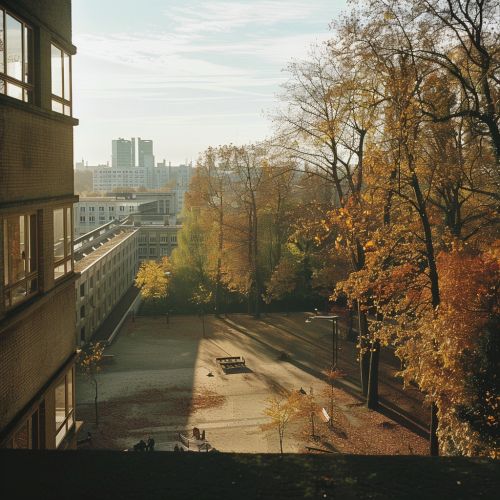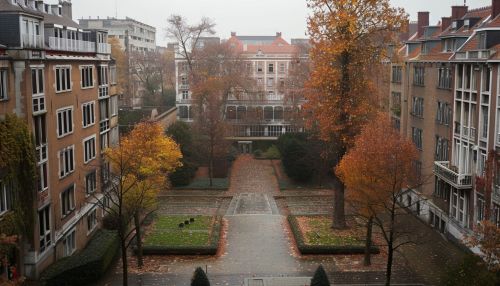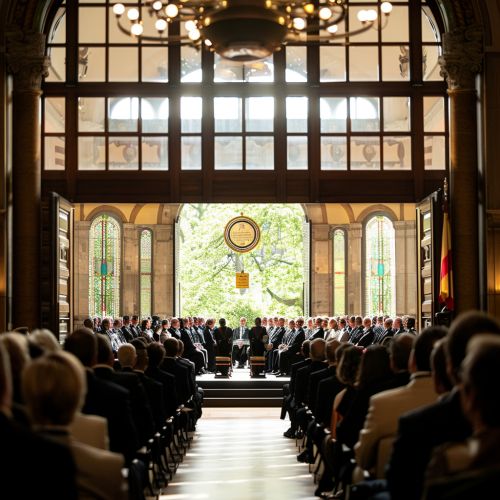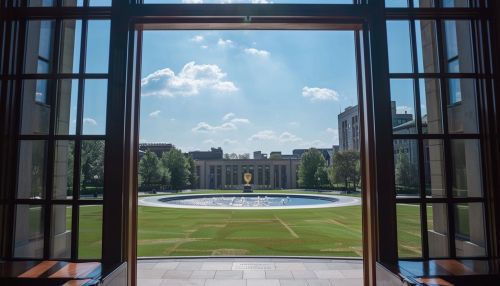Pierre Deligne
Early Life and Education
Pierre Deligne was born on October 3, 1944, in Brussels, Belgium. He developed an interest in mathematics at a young age, which was nurtured by his father, a civil engineer. Deligne attended the Free University of Brussels, where he studied under the guidance of Jean-Pierre Serre, a renowned French mathematician.


Career and Contributions to Mathematics
After completing his studies, Deligne joined the Institute for Advanced Study in Princeton, New Jersey, where he began his research in algebraic geometry and number theory. His work in these fields has been instrumental in advancing our understanding of the mathematical universe.
One of Deligne's most significant contributions to mathematics is his proof of the Weil Conjectures. These conjectures, proposed by André Weil, were a set of seven propositions about the generating functions derived from counting the number of points on an algebraic variety over a finite field. Deligne's proof of the Weil Conjectures has had a profound impact on the field of algebraic geometry.
In addition to his work on the Weil Conjectures, Deligne made significant contributions to the theory of Modular Forms. His work in this area has been instrumental in the development of the Langlands Program, a web of conjectures and theorems that connect number theory and representation theory.
Awards and Honors
Deligne's contributions to mathematics have been recognized with numerous awards and honors. In 1978, he was awarded the Fields Medal, often regarded as the highest honor in mathematics. In 2013, he received the Abel Prize, another prestigious award in the field of mathematics.


Personal Life
Deligne is married to mathematician Diane Deligne. They have one child and reside in Princeton, New Jersey. Despite his many achievements, Deligne is known for his humility and dedication to teaching.
Legacy
Deligne's work continues to influence the field of mathematics. His proof of the Weil Conjectures and his contributions to the theory of Modular Forms have shaped the course of algebraic geometry and number theory. His dedication to teaching and mentoring young mathematicians has also left a lasting impact on the mathematical community.
